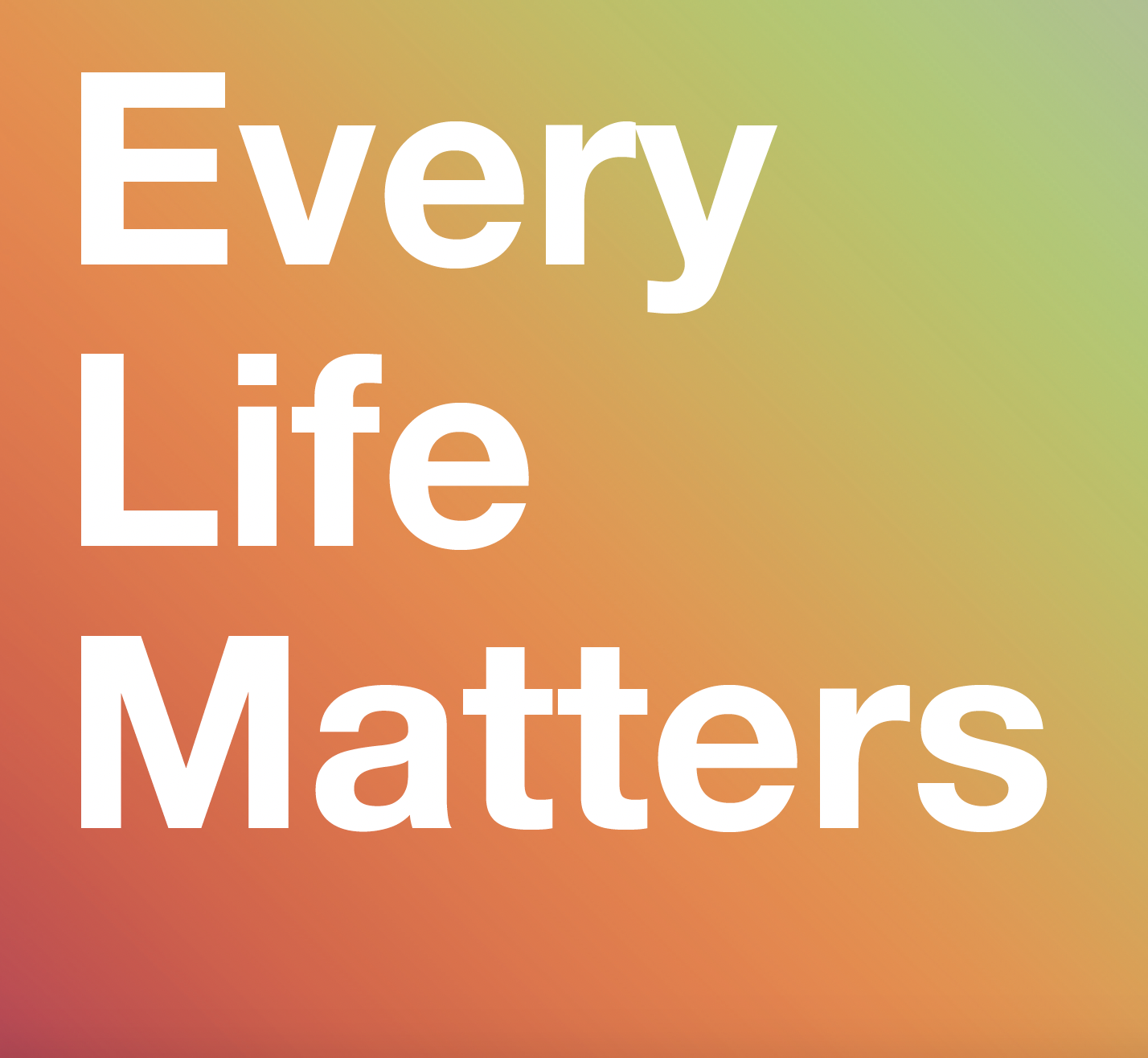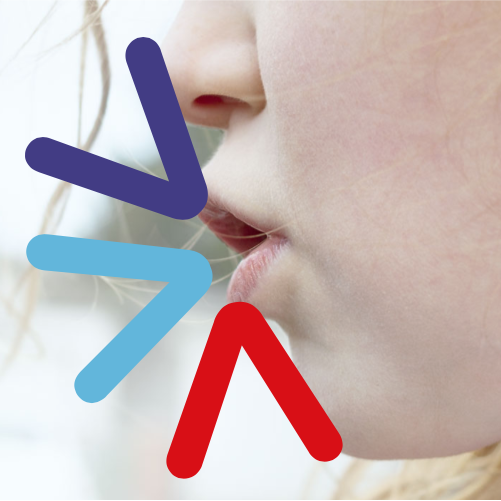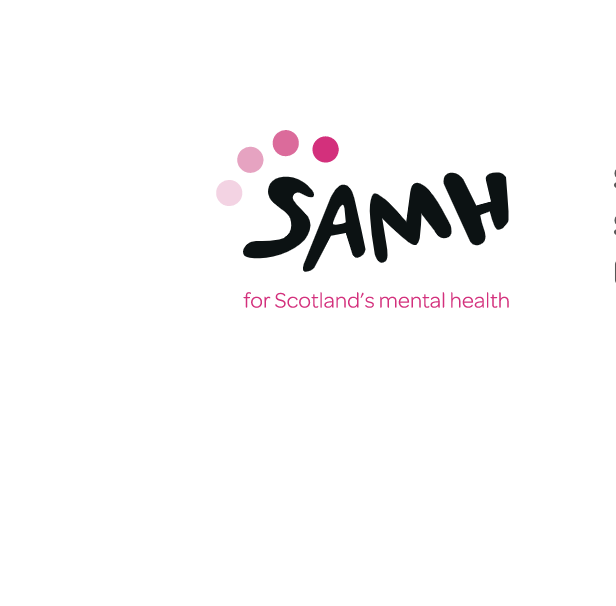Youth Advisory Group launched as part of Scotland’s Suicide Prevention Action Plan
26 April 2022
MEDIA RELEASE
Scotland’s National Suicide Prevention Leadership Group (NSPLG) is launching a youth advisory group to inform and improve policy from the perspective of those with lived experience.
Established by the Scottish Government and COSLA, NSPLG brings together people with lived experience of suicide alongside, academic, professional third sector, and statutory partners to support the delivery of Scotland’s Suicide Prevention Action Plan: Every Life Matters.
Stephanie Craig, a member of NSPLG’s Lived Experience Panel (22) comments:
“The news of the NSPLG launching a youth advisory group is incredible. Lived experience provides valuable knowledge and insight from people who have direct experience in such sensitive areas.
“Lived experience helps to drive and lead positive change. It allows space for valuable and powerful conversations and it raises awareness and influences policies. We've seen that with the lived experience panel, a group of incredibly brave people who have come together to do this, and our work has been recognised by the World Health Organisation
“Children and young people are under-heard, not listened to and often disbelieved by society due to their age. They are often underrepresented and due to their age not seen as having enough life experience to pass comment on important topics affecting their life. Children and young people have a unique and powerful perspective because of their age and experiences and we need to listen to them now more than ever. Children and young people are our future, they have a voice and need to be heard."
National charity Children in Scotland is partnering with the Nursing, Midwifery and Allied Health Professionals Research Unit (NMAHP-RU) at the University of Stirling to recruit, host and manage the new Youth Advisory Group. They will assemble a panel of 12 young people aged 16 to 25 who will meet regularly for an initial period of 11 months to gather and share views to inform future policy.
The launch of the youth advisory group follows the successful establishment of an adult ‘Lived Experience Panel’ set up in 2018-19 to inform the development of NSPLG’s action plan.
Recognised by the World Health Organisation as an example of best practice, NSPLG is hopeful that the youth advisory group is the credible next step to listening to, understanding and responding to those with lived experience, and also a critical move in helping to address the escalating rates of youth suicide in Scotland.
NSPLG member and children and young people sponsor Fiona Drouet, who founded charity EmilyTest following the death of her daughter said:
“I’m delighted after many months of hard work and commitment that we are now seeing the launch of the Youth Advisory group. As we know, statistics show a worrying trend of suicide increasing amongst children and young people. We need to listen to them to fully understand the numerous complex challenges they face and the Youth Advisory will provide a safe and meaningful platform where they can help shape the future of suicide prevention in Scotland. ‘Nothing for them, without them,’ is a phrase I cite often. I am privileged to play a part in this revolutionary work.”
The appointment of the youth advisory group aligns with NSPLG’s overriding approach of bringing together academic rigour, lived experience and professional practice to understand the causes of suicide and develop the most effective strategies to support its prevention. This work is underpinned by the belief that no suicide should ever be considered inevitable.
Children in Scotland brings extensive experience of working with young people to ensure their views are heard and that they have the opportunity to be meaningfully involved in decision-making.
Amy Woodhouse, Head of Policy, Projects & Participation at Children in Scotland said:
“'It is a privilege to be supporting the development of this new and important Youth Advisory Group. The group illustrates our shared commitment to putting the views and experiences of children and young people at the heart of decision making. It is vital that young people's views on suicide prevention are heard and they have the chance to use their lived experience to improve future policy making in this area. We are really looking forward to working with group members and together with University of Stirling and the Leadership Group, making it a rewarding and positive experience for everyone.”
The Chief Scientist Office (for Scotland) funded Nursing, Midwifery and Allied Health Professions Research Unit (NMAHP-RU) at the University of Stirling has focused on mental health and suicide research for more than 20 years.
Dr Lynne Gilmour, Research Fellow in the NMAHP-RU, is co-Principal Investigator on the group. She said:
"We are incredibly proud to be working with Children in Scotland to host and manage the National Suicide Prevention Leadership Group's Youth Advisory Group.
Suicide is a leading cause of death in children and we are determined to ensure that the voices of young people are heard as part of the Suicide Prevention Action Plan.
“Listening to young people is vitally important to ensure that the objectives of the plan are meaningful and helpful to children and young people who may need to access help and support for suicidal thoughts and or behaviours.”
The group also benefits from the oversight and management from Professor Margaret Maxwell and Professor Helen Cheyne, both NMAHP-RU at Stirling, with extensive experience of conducting and managing research in relation to suicide and mental health more generally.
Kevin Stewart MSP, Minister for Mental Wellbeing and Social Care said:
“I am pleased to see the launch of the suicide prevention youth advisory group.
“The Scottish Government sees the incredible value of listening directly to people with lived experience of mental health challenges, to help shape and design our policies and approaches.
“I encourage young people to get involved in this unique group, which I’m confident will help to identify what works well, and what we must do to go further, to reduce suicide deaths in Scotland.”
A spokesperson for COSLA said:
“COSLA is delighted to see the Youth Advisory Group for the NSPLG launch. We believe it will have a pivotal role in ensuring we are hearing and responding to young people and their family’s needs in the national approach to preventing suicide. We are looking forward to working with Children in Scotland and the University of Stirling and making Scotland a great place for children to grow up.”
The launch of the new advisory group comes in the wake of a 2019 review of suicide prevention policy (click here to read) by the University of Stirling and NMAHP-RU which found that policy wasn’t meeting the needs of children and young people. An increasing ask from services is that policy reflects the experience of and the needs of children and young people.
/ENDS
Notes for editors
Media contacts
NSPLG – Lawrence Broadie, lawrence@electrify.me.uk / 07966 216 270
Children in Scotland – Catherine Bromley, cbromley@childreninscotland.org.uk / 07843 626 042
University of Stirling – Greg Christison, greg.christison@stir.ac.uk / 07778 442 151
Profiles of organisations and project leads
National Suicide Prevention Leadership Group (NSPLG)
The National Suicide Prevention Group was established by the Scottish Government to support delivery of Scotland’s Suicide Prevention Action Plan (SPAP), Every Life Matters.
Click here to learn more: https://www.gov.scot/groups/national-suicide-prevention-leadership-group/
Children in Scotland
Giving all children in Scotland an equal chance to flourish is at the heart of everything we do.
By bringing together a network of people working with and for children, alongside children and young people themselves, we offer a broad, balanced and independent voice. We create solutions, provide support and develop positive change across all areas affecting children in Scotland.
We do this by listening, gathering evidence, and applying and sharing our learning, while always working to uphold children’s rights. Our range of knowledge and expertise means we can provide trusted support on issues as diverse as the people we work with and the varied lives of children and families in Scotland.
Over the 27 years of our existence, we have built up considerable expertise in working with children and young people to ensure their views are heard and they have the opportunity to be meaningfully involved in decision making. Our participation work has won awards and has been commissioned internationally. All participation staff are trained in child protection, child rights and are supported by robust consent, safeguarding and participation policies and guidance.
We have developed a high quality, safe, robust, and creative methodology for participation and engagement work, grounded in child rights and equalities. It has considerable experience in hosting, managing, and supporting youth advisory groups for the Scottish Government on a variety of topics. This has included the Inclusion Ambassadors, the COVID Recovery Panel, Education Recovery Youth Panel (with Young Scot) the Children and Young People’s Panel on Europe (with Together, the Scottish Alliance for Children’s Rights).
University of Stirling
Ranked among the UK’s 40 best universities in the Complete University Guide, the University of Stirling is committed to providing education with a purpose and carrying out research which has a positive impact on communities across the globe – addressing real issues, providing solutions and helping to shape society. Stirling is ranked fifth in Scotland and 40th in the UK for research intensity (Research Excellence Framework). Interdisciplinary in its approach, Stirling’s research informs its teaching curriculum and facilitates opportunities for knowledge exchange and collaboration between staff, students, industry partners and the wider community.
The University of Stirling is ranked among the top 20 UK universities for student satisfaction (National Student Survey) and top 10 in the UK for postgraduate student experience (Postgraduate Taught Experience Survey), and has an overall five-star rating in the QS Stars University Ratings.
More than 17,000 students study with the University of Stirling globally, with over 120 nationalities represented on its scenic central Scotland campus alone. The campus – also home to 1,700 staff – has its own loch and castle, and a recent multi-million-pound redevelopment has delivered modern, flexible, and digitally connected study and social spaces at the heart of campus, including enhanced student support and retail and catering outlets.
The University has twice been recognised with a Queen's Anniversary Prize – the first for its Institute for Social Marketing and Health (2014) and the second for its Institute of Aquaculture (2019). Stirling is Scotland's University for Sporting Excellence and its recently redeveloped world-class facilities provide the perfect training environment for the University’s sports scholars – many of whom compete at the highest level, including at the Olympics and Commonwealth Games – and for students, staff, and the wider community.
As a signatory to the £214 million Stirling and Clackmannanshire City Region Deal, the University is driving productivity and inclusive growth across the Forth Valley, and beyond. Through pioneering collaborative solutions to global challenges, researchers are putting innovation, skills, and partnership at the heart of a sustainable economic recovery.
www.stir.ac.uk / @stiruni
Nursing, Midwifery and Allied Health Professions Research Unit
The Nursing, Midwifery and Allied Health Professions Research Unit (NMAHP RU) is a multidisciplinary national research unit, funded by the Scottish Government Health Directorate Chief Scientist Office (CSO). It has academic bases within Glasgow Caledonian University and the University of Stirling. It is led by Professor Margaret Maxwell whose research has focused on mental health and suicide research for more than 20 years.
The NMAHP-RU has an excellent track record for patient and public involvement (PPI) in shaping both the strategic direction of the Unit and in contributing to our research topics and how we conduct research.
Dr Lynne Gilmour provides the youth advisory group with an expert insight into suicide in young people, having recently completed a PhD exploring the experiences and journeys of care for children who are referred to CAMHS for reasons of suicidality. As part of this work, she led an international scoping review of suicide prevention policies. The 2019 study found that the needs of suicidal children are at risk of being overlooked due to gaps in policy and inconsistencies in how the issue is approached globally.
The group also benefits from the oversight and management from Professor Maxwell and Professor Helen Cheyne, both NMAHP-RU at Stirling, with extensive experience of conducting and managing research in relation to suicide and mental health more generally.

Every Life Matters
Find out more about Scottish Government's suicide prevention strategy
Click here to read
Our Manifesto for 2021-26
We're calling for improvements in services and support for children and young people
Click here to find out more
Evidence bank
A unique resource directly capturing the voices of children and young people
Click here to visit the site
Support from SAMH
Suicide prevention advice and support from Scotland's Mental Health charity, SAMH
Click here to find out more
Pandemic Impact Survey Report 2022
The report from the Scottish Parliament's CPG on Children and Young People
Click here for more